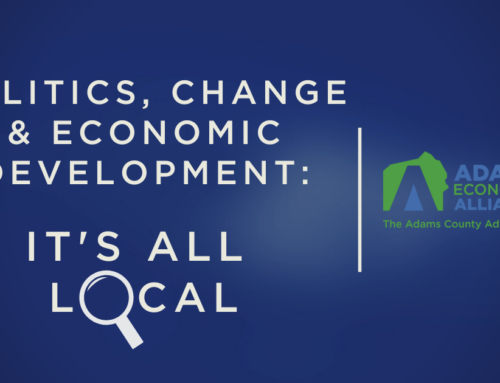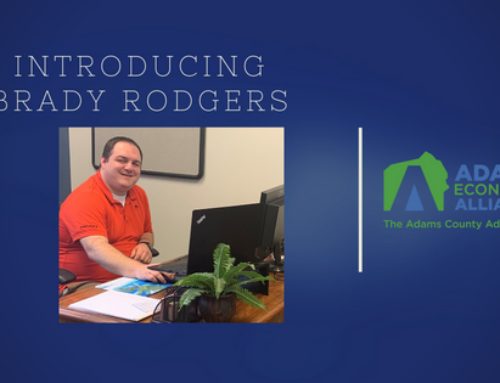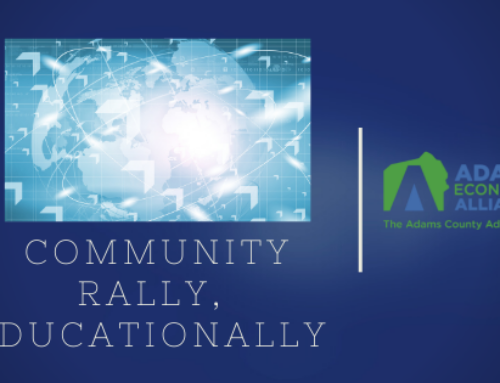This column was originally published in The Gettysburg Times, November 9, 2017.
By Robin Fitzpatrick
Working with the Commonwealth, it feels as though we’ve been in “budget season” for nine months. That’s because we have. Governor Wolf presented his 2017/2018 budget address in February, and about two weeks ago he signed the revenue plan that identifies where the money will come from to pay the bills.
Municipal leaders are engaged in the same process now, and it’s not pretty. Their job is to provide for the public health, safety, and welfare of their residents. Municipalities are important because many of the services they make available are not usually provided by the private sector. Historically, municipalities have been responsible for the upkeep of roads, making sure there is public safety by police and firefighting protection, and by providing planning and zoning oversight.
Local government may also provide sewer, water, and trash collection services. Municipalities operate through local ordinances, which are local laws adopted and enforced to provide for the public health, safety, and welfare of its residents. Examples of ordinances include the removal of public nuisances; rules (called codes) for an improved quality of life (weed control, removal of non-registered vehicles, animal control, and noise abatement are examples); and aesthetic improvements such as land development and zoning ordinances.
Pennsylvania residents have a voice at the local level and can help set a vision for their communities. You can define your community as your borough, township, school district, and/or county. Think about and assess whether your community is meeting your needs. These are YOUR tax dollars at work! Also know that they are OTHERS’ tax dollars as well. Not everyone will agree upon how “our” money should be spent.
Residents, through elected officials, are able to have a major effect on services provided to communities. They can also address the appearance and desirability of a community and can urge their elected officials to support cultural activities, parks and recreation, senior centers, museums, and other important services.
Certainly, there are as many different opinions as there are people. It’s often difficult for elected officials to make decisions that reflect the majority of his/her constituents, including all services needed within a community, and within a balanced budget. It’s a tall order at any level of government.
That is the scenario, and the very heart of budget debates and issues. So, how does economic development fit into this process and how can economic development help? I’m glad you asked. We can be a vital link in this process!
Municipal leaders CAN create more value in land use, where it is wanted, by partnering with the Adams Economic Alliance. We are here, poised to assist officials. We are also here, poised to assist businesses in their efforts to expand, relocate, or be attracted to Adams County. In many ways, we are the matchmaker, partnering with both sides—municipalities as well as businesses—to help find the right fit for each specific request and need.
When the pieces fall into place, economic development is a win-win for everyone involved: Municipalities see healthy growth, expand their workforce, expand their tax base, and provide a healthier abundance of services. Residents enjoy those services and a better quality of life, have access to additional businesses and/or employment opportunities, and often see their own property values increase.
What is the common denominator in this entire process, from lawmakers’ budgeting, to determining land use, to offering services to residents, to ensuring a healthy workforce? It’s the human factor; PEOPLE who live, work, and play in our communities. Economic growth and development can embrace communities and connect people. The key is ensuring that it happens with, by, and for everyone involved.
Robin Fitzpatrick, President of AEA, has been meeting and continues to meet with every Adams County municipality and school board, in 2017. For additional information on AEA, see AdamsAlliance.org, follow the organization on LinkedIn, Facebook, and Twitter, or call 717-334-0042.






